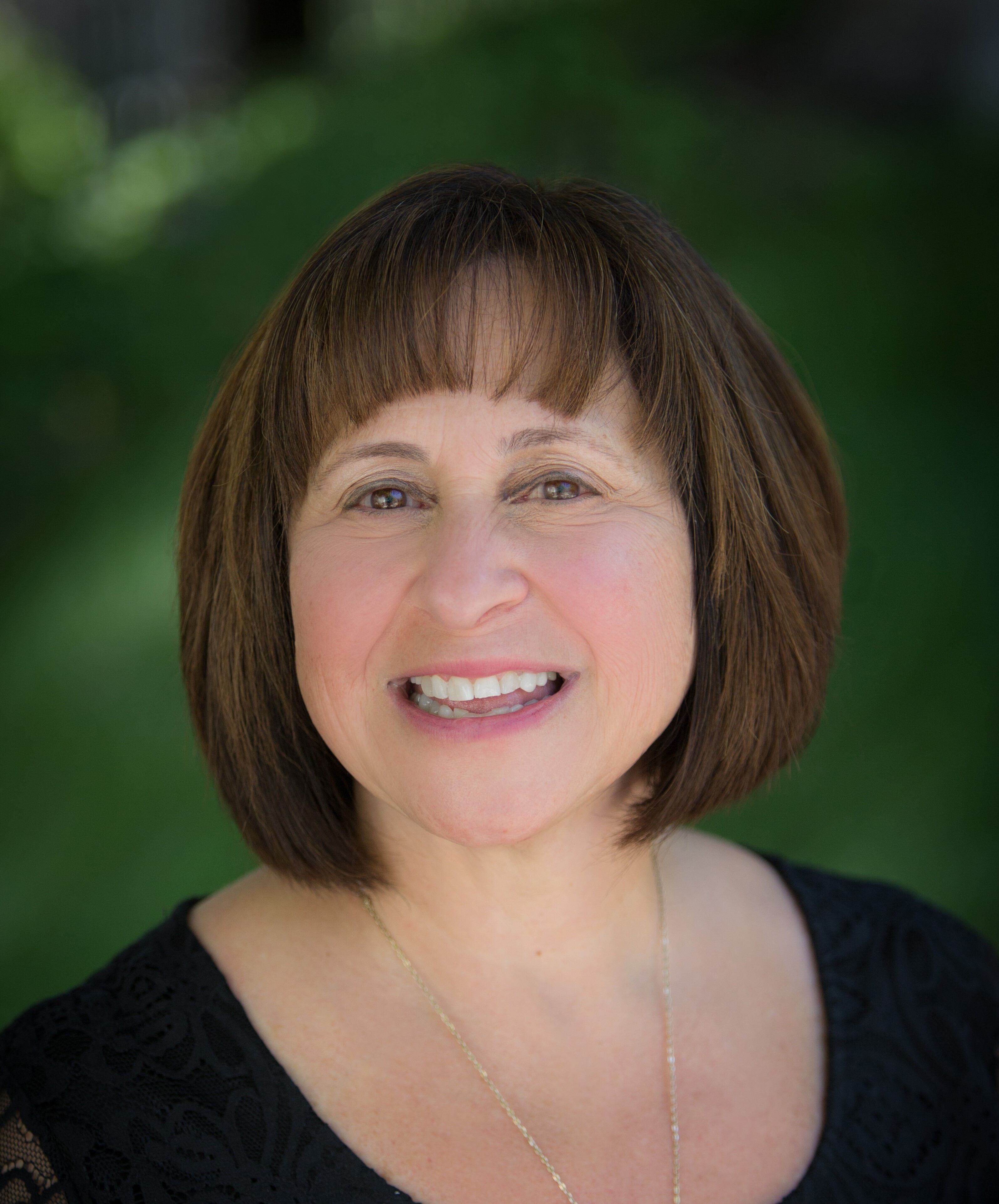In an incredible twist of meaning, this week’s Torah portion, Hayyei Sarah - the Life of Sarah, actually focuses on her death and on the life of her son, Isaac. Having survived being sacrificed by his father at the altar, Isaac experiences the painful loss of his mother. In yet another transformative moment, Isaac comes face to face with Rebecca, the woman who becomes his wife and his beloved partner. And, in the moments before their meeting, the Torah tells us "Isaac went out to talk (Hebrew – lasuach) in the field before evening." So, who is it that Isaac speaks with in this moment, which unbeknownst to him is the prelude to one of the most important events of his life?
The Torah itself is silent on the subject. Centuries later, the rabbis provide an explanation. Understanding the Hebrew word for lasuach ‘to meditate’ or ‘to pray’, the Talmud suggests this ‘before evening’ conversation to have been between Isaac and God. It is for this reason that the time of the Mincha service, the afternoon service, was instituted into the daily life of the Jewish people.
But, ask the commentaries, why did Isaac turn to the fields in order to pray? Did he not have a house in which to pray?
The 12th/13th century added commentary called Tosafot, resolves this by explaining that the field in which Isaac prayed was no ordinary field. It was on Mount Moriah, the place first designated as a place of prayer by the primordial Adam and later consecrated by Isaac at the scene of his ‘almost’ sacrifice, where he perceived the presence of the Shechinah, the feminine dwelling presence of God. Centuries later, it also became the site of the Holy Temple.
No ordinary field was this field, and no ordinary prayer is Isaac’s afternoon prayer. The Talmud advises us to be especially vigilant about praying Mincha, emphasizing that God pays special attention to prayers in the afternoon.
What is it about the afternoon prayer, the shortest of all of our Jewish prayer services that makes it so important and effective?
The 13th century Spanish commentator, Jacob ben Asher (known also as the Tur) links Mincha's prominence to its timing. It comes at a time when people are most apt to be preoccupied with their daily work and business affairs. In order to pray, one has to consciously pause from the activity of the moment and direct attention to the God.
This abrupt suspension of daily activity is far from easy to do. It is much easier to consider the institution of the prayer of the morning (Shacharit) before starting out for work. Waking up after a night of sleep and happy in the thought that we have been granted yet another day of life, it is more natural to consider the blessings of having awoken to the knowledge that we are breathing.
Likewise, at night, with a productive day behind us, resting in the knowledge that we are about to go to sleep and hoping that we will once again wake from the sleep, it is easer to see where the rabbis would also have instituted the Ma’ariv prayer service.
Mincha, however, is also connected with, as the verse implies, being "in the field." Mincha stops us in the middle of work, shopping, school, and/or within any other usual tasks that life places upon us. It meets us "in the field," at our desks, on the road, in meetings, and in our shops -- and it is almost always inconvenient.
But, the few moments it takes to recite the Ashrei prayer, the silent Amidah, and/or offer personal words and reflections is also an invitation to break from the hustle and bustle of our busy lives, to remember that which is important and let go of that which is trivial. As we are beckoned to consider our role in creation and with the Creator, we can be reminded of our real priorities. For just a brief time, we interrupt the pursuit of our livelihood and release ourselves of the bounds of dependency on our own hands to turn our hearts and minds towards God in prayer. In less time than a normal coffee break, we can nourish our souls during what might be a tough workday. We, like Isaac, can choose to dedicate a few precious moments to lasuach, to talk with God, in the afternoon and ‘in the fields’. As such, it is perhaps the most important and meaningful prayer service of the day.
Have a great afternoon.
Shabbat Shalom.

